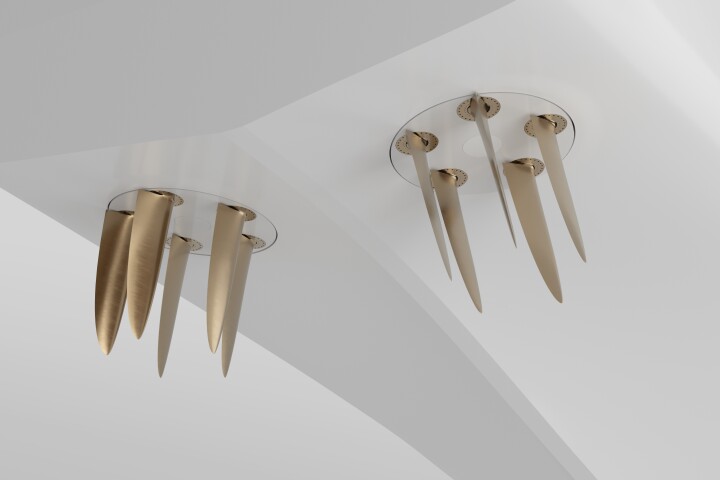If you're ready to welcome in the era of self-driving cars in person, you may want to head to Pittsburgh later this month, smartphone in hand. Uber and Volvo have signed a deal to team up on developing autonomous driving technology, beginning with ferrying Uber customers around the Pennsylvania city.
Beginning later in August, it will be possible to use the Uber app to hail a ride from a self-driving Volvo XC90 in Pittsburgh. This will mark a pretty big first – Google and some automakers have been testing self-driving cars for years, and Tesla's Autopilot can essentially take over for a driver on the highway, but no one has yet offered a full door-to-door ride in an autonomous car to regular consumers.
It won't be a lone robot car pulling up to pick you up, though. A human driver will be in the driver's seat ready to take the wheel if anything goes wrong, as is currently required by law. Rides in a self-driving Uber will also be free for the time being.
The ridesharing company has been testing the technology at its Advanced Technology Center in Pittsburgh for many months already and competitor Lyft is pursuing similar ambitions with General Motors.
So far Volvo has delivered just a few cars to Uber, which then outfits them with its own autonomous driving system, including a number of sensors, cameras, lasers, radar, GPS and Uber's own in-house self-driving software. Volvo is also developing self-driving vehicles using the same base vehicle and its owns autonomous navigation system. The project relies on Volvo's modular auto production platform, which it calls Scalable Product Architecture (SPA).
Uber plans to have a test fleet of 100 self-driving Volvos roaming Pittsburgh's streets by the end of the year. It's all a big field test, with the end goal being a fully autonomous car model that will hit the market by 2021. Together, Uber and Volvo say they'll pour US$300 million into the development process.
Uber's self-driving vision isn't exclusive to the Volvo deal, however. Much of its previous testing in Pittsburgh was actually done using a Ford Fusion. The company has also announced its acquisition of self-driving truck startup Otto. Otto has been in existence only since January and makes a kit that can outfit any big rig to drive itself.
Uber has no plans to make self-driving cars itself, but it clearly hopes to be operating plenty of them within the next five years, just in time to compete with other autonomous ride-sharing aspirants, including the likes of companies that will be making their own, such as Ford.






